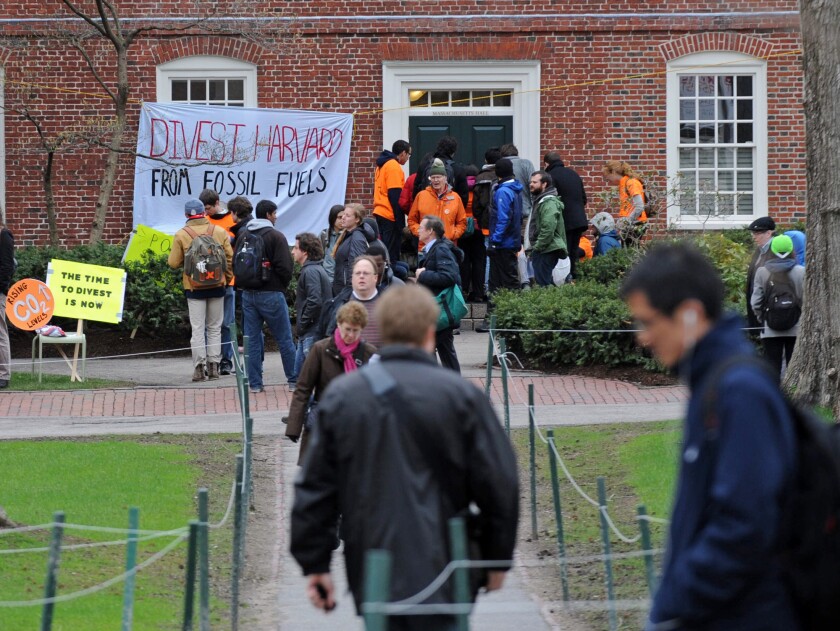HERE’S WHAT ELSE YOU NEED TO KNOW
Bill & Melinda Gates Foundation
Just ahead of the start of the annual meeting of the U.N. General Assembly, leaders at the Gates and Rockefeller Foundations — grant makers that have committed billions of dollars to test, treat, and vaccinate against the coronavirus — warned that without larger government and philanthropic investments in the manufacture and delivery of vaccines to people in poor nations, the pandemic could set back global progress on education, public health, and gender equality for years, Alex Daniels reports.
As part of its annual evaluations of progress on global development, the Gates Foundation noted that during the pandemic, childhood immunizations overall dropped 7 percent. And while men’s employment is expected to return to pre-pandemic levels this year, 13 million fewer women will have jobs than in 2019, according to the report.
Those problems are exacerbated by lack of Covid vaccinations available around the world, Bill Gates says.
“We face the very real risk that in the future, wealthy countries and communities will begin treating Covid-19 as yet another disease of poverty,” Gates warned. “We can’t put the pandemic behind us until everyone, regardless of where they live, has access to vaccines.”

Christopher Evans, Boston Herald, Getty Images
None of the nation’s top 10 philanthropic foundations, nor many major climate grant makers, have publicly committed to getting and staying out of fossil fuels, notes Stephen Heintz, head of the Rockefeller Brothers Foundation, in an opinion essay. But with Harvard’s move, pressure on all endowed institutions will intensify, he says.
What’s also notable, says Heintz, is what led to the Harvard action. “The divestment movement is a case study in the power of sustained, strategic advocacy to challenge the status quo.”
More context: Read about how the activism worked in this article from the Nation.
The Institute for the Future this week launched the Equitable Enterprise Initiative with initial support from four major grant makers — the Conrad N. Hilton Foundation, the W.K. Kellogg Foundation, the James Irvine Foundation, and the Robert Wood Johnson Foundation.
Marina Gorbis, its executive director, writes in an essay about the new effort that an important first step is to “change the narrative about the root causes of low wages and economic insecurity from a focus on individual worker responsibility to a focus on how the corporate structures that predominate today create economically precarious conditions for many workers.”
The approach, she says, is analogous to the narrative shift about Type 2 diabetes from “blaming individuals for not eating well or exercising to emphasizing changes needed in a larger system responsible for producing unhealthy foods and lifestyles.”

We hope you’ll take some time over the next few days to hear hosts Phil Buchanan and Grace Nicolette talk with Cathy Moore, executive director of Epiphany Community Health Outreach Services in Houston.
Moore discusses her experience working on the front lines during Hurricane Harvey and the Covid-19 pandemic, how she believes donors can best step up in a time of crisis, and how to think about the tension between giving to meet immediate needs and addressing an issue’s root causes.
And we have more to listen and view: The session I moderated last week about the Accelerating Charitable Efforts Act is now available online. You’ll want to hear how proponents and critics are thinking about the measure.
Get ready for the week ahead: Be sure you’ve signed up for next week’s webinar on promoting planned gifts in pandemic times.
I hope you have plenty of time to recharge over the weekend.
